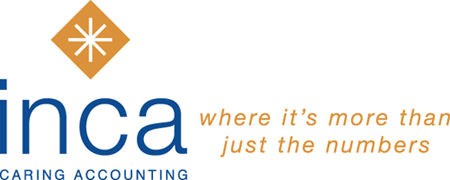In the course of any marriage, it’s very likely that a couple will see the earnings of each partner fluctuate as circumstances change
But whatever the hierarchy of income, the most important thing is to make sure that as a couple you retain as much of your earnings as you’re entitled to.

Are you a basic rate tax payer with a husband, wife or civil partner who earns less than you do?
If this is you – or if indeed your partner earns more than you do and pays basic rate tax – you need to make sure you take full advantage of your entitlement to the Marriage Allowance.
Recently introduced by the government, the Marriage Allowance lets the lower earning partner in a relationship transfer £1,100 of their own Personal Allowance to their partner – making the couple better off by reducing the tax liability of the higher earning partner by £220 in the next tax year.
The Marriage Allowance was first introduced for the tax year 2015 – 2016, and if you were eligible for this period, you can still backdate your claim to 6 April 2015. The ability to backdate a claim is useful for business owners who are self-employed and may not be in a position to accurately calculate their total income until after the end of the tax year.
Are you eligible for marriage allowance?
To qualify for Marriage Allowance, all of the following criteria need to apply:
- The lower earning partner must have an income under £11,000
- The higher earning partner’s income must be between £11,001 and £43,000
- You must be married or in a civil partnership
If you are eligible for Marriage Allowance, HM Revenue and Customs (HMRC) will allocate the extra allowance to the higher earning partner, either by changing their tax code (which can take up to 2 months), or if they’re self-employed, when they send in their Self-Assessment tax return.
Once allocated, the Personal Allowance will transfer automatically to the higher earning partner every year until one of the partners chooses to cancel it, or until their circumstances change.
Is your relationship as tax efficient as it can be?
At Inca, we work with small business owners to make sure that their family unit is as tax efficient as possible. When you’re working hard to provide for those around you, it’s vital you make sure you do everything you can to keep as much of the profits from your business for yourself.
Everyone’s situation is different. Would you like us to review your position and see if we can help to protect more of your family’s income?
Phone: 01235 868888 or Email: [email protected].



